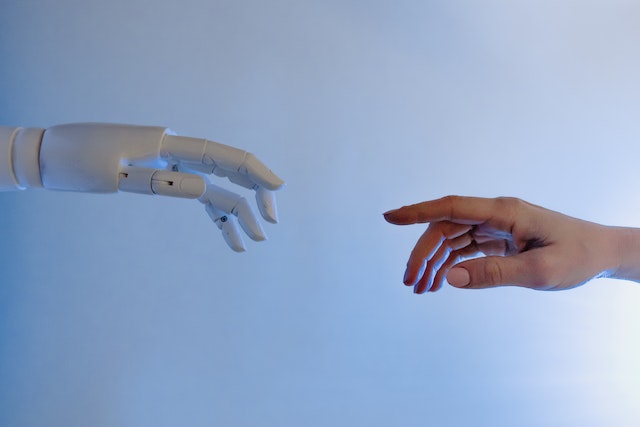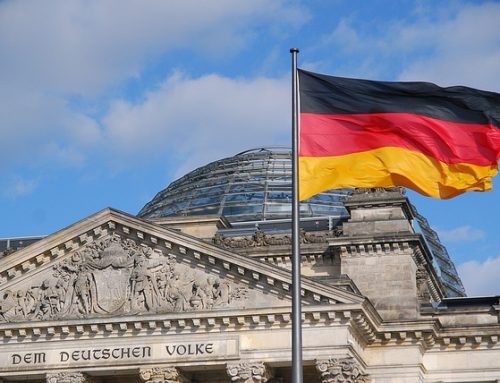October 2, 2023
The National Security Agency (NSA) is embarking on a significant mission to establish an Artificial Intelligence Security Center, a development announced by the agency’s outgoing director on Thursday. With the proliferation of AI capabilities in U.S. defense and intelligence systems, Army Gen. Paul Nakasone emphasized the critical nature of this initiative.
General Nakasone revealed that the AI security center will be integrated into the NSA’s Cybersecurity Collaboration Center. This center is dedicated to collaborating with private industry and international partners to strengthen the defense-industrial base of the United States against threats posed by adversaries, particularly China and Russia.
Addressing the audience at the National Press Club, Nakasone underscored the importance of recognizing and preserving the current AI advantage held by the United States. He highlighted the specific threat posed by Beijing in the realm of AI.
In response to a query about whether the U.S. had detected any attempts by Russia or China to influence the 2024 U.S. presidential elections, Nakasone stated, “We haven’t seen that yet.” However, he pointed out that numerous elections would take place globally before the 2024 U.S. presidential election and emphasized the United States’ commitment to working with partners and allies to deter any such interference.
Recent months have witnessed an escalation in China’s cyber operations, primarily targeting U.S. and allied institutions. These operations may include the deployment of malware designed to disrupt military communications, according to cybersecurity researchers. In response, the U.S. and Japan jointly issued an alert, warning of Chinese hackers targeting government, industrial, telecommunications, and other entities that support their respective militaries.
General Nakasone also fielded questions about the use of AI in automating threat analysis and red-flag alerts. He reiterated that U.S. intelligence and defense agencies already employ AI in their operations. He clarified, “AI helps us, but our decisions are made by humans. And that’s an important distinction. We do see assistance from artificial intelligence, but at the end of the day, decisions will be made by humans, with humans in the loop.”
The establishment of the AI security center follows an NSA study that identified securing AI models from theft and sabotage as a major national security challenge. This challenge becomes even more pronounced with the emergence of generative AI technologies, which have the potential for both positive and negative transformation.
General Nakasone outlined the center’s role, describing it as the “NSA’s focal point for leveraging foreign intelligence insights, contributing to the development of best practices, guidelines, principles, evaluation methodology, and risk frameworks” in the field of AI security. Its overarching goal is to facilitate the secure development and adoption of AI within the national security systems and the defense industrial base of the United States. The center will collaborate closely with U.S. industry, national laboratories, academia, the Department of Defense, and international partners.
In terms of leadership changes, General Nakasone is set to be succeeded as the dual leader of the NSA and U.S. Cyber Command by Air Force Lt. Gen. Timothy Haugh, who currently serves as his deputy. This role encompasses oversight of both U.S. cyber-defense and offense operations, as well as signals intelligence gathering through telecommunications surveillance. General Nakasone has held leadership positions in both organizations since May 2018.
Source: ABC News
Legal Notice: The information in this article is intended for information purposes only. It is not intended for professional information purposes specific to a person or an institution. Every institution has different requirements because of its own circumstances even though they bear a resemblance to each other. Consequently, it is your interest to consult on an expert before taking a decision based on information stated in this article and putting into practice. Neither Karen Audit nor related person or institutions are not responsible for any damages or losses that might occur in consequence of the use of the information in this article by private or formal, real or legal person and institutions.






